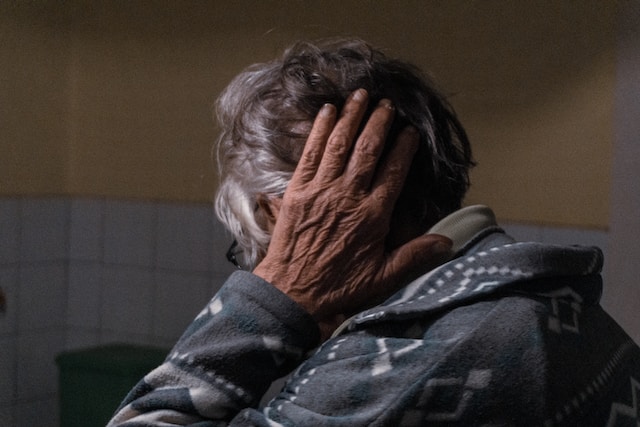Introduction: For those who have experienced post-shingles encephalitis, the challenges extend far beyond the initial infection. Coping with the aftermath of this rare complication requires resilience, support, and access to valuable resources. In this article, we explore coping strategies and support resources that can assist individuals in navigating the complexities of living with post-shingles encephalitis,
Introduction: For those who have experienced post-shingles encephalitis, the challenges extend far beyond the initial infection. Coping with the aftermath of this rare complication requires resilience, support, and access to valuable resources. In this article, we explore coping strategies and support resources that can assist individuals in navigating the complexities of living with post-shingles encephalitis, empowering them to embrace life to the fullest.
- Building a Support Network: Living with post-shingles encephalitis can be overwhelming, both physically and emotionally. Establishing a robust support network is essential for individuals and their loved ones. Reach out to family, friends, and support groups to foster connections with others who understand the unique challenges posed by this condition. Sharing experiences, seeking advice, and receiving empathetic support can make a significant difference in one’s well-being.
- Psychological Counseling: Dealing with the impact of post-shingles encephalitis on mental health is crucial. Seeking psychological counseling can provide individuals with coping mechanisms to address anxiety, depression, and emotional challenges. Professional counselors can offer guidance, strategies, and a safe space to discuss the emotional complexities associated with living with a chronic condition.
- Occupational and Physical Therapy: Occupational and physical therapy are invaluable resources for individuals navigating the physical limitations caused by post-shingles encephalitis. These therapies focus on regaining functional abilities, improving motor skills, and enhancing independence. Working closely with skilled therapists can help individuals regain confidence, adapt to physical challenges, and optimize their quality of life.
- Speech and Language Therapy: Post-shingles encephalitis can affect speech and language abilities. Engaging in speech and language therapy can help individuals regain or develop alternative communication strategies, improving overall quality of life. Speech therapists can provide exercises, techniques, and tools to enhance speech articulation, comprehension, and expression.
- Vision Rehabilitation: Addressing visual impairments resulting from post-shingles encephalitis often requires specialized vision rehabilitation services. Vision rehabilitation professionals can provide guidance, assistive devices, and adaptive strategies to optimize visual function and enhance independence in daily activities. Accessing these resources can significantly improve individuals’ ability to navigate their surroundings and maintain a sense of autonomy.
- Educational Resources and Advocacy: Educational resources and advocacy organizations dedicated to post-shingles encephalitis can offer valuable information, guidance, and support. They provide access to up-to-date research, clinical trials, and community forums where individuals can connect with others facing similar challenges. These resources can help individuals stay informed, make informed decisions about their healthcare, and advocate for their needs.
- Adaptive Technologies and Assistive Devices: Adaptive technologies and assistive devices can play a crucial role in improving daily functioning for individuals living with post-shingles encephalitis. From mobility aids to communication devices, there is a wide range of assistive technologies available to enhance independence and facilitate participation in various activities. Consulting with healthcare professionals and assistive technology specialists can help individuals identify the most suitable devices for their specific needs.
Conclusion: Living with post-shingles encephalitis requires resilience, support, and access to essential resources. Building a strong support network, seeking psychological counseling, engaging in occupational and physical therapy, accessing speech and language therapy, and utilizing vision rehabilitation services are all vital steps in enhancing quality of life. Additionally, educational resources, advocacy organizations, and adaptive technologies offer invaluable support for individuals and their families on this challenging journey. By harnessing these coping strategies and resources, individuals can embrace life with post-shingles encephalitis and navigate the path ahead with hope, determination, and a sense of empowerment.

















Leave a Comment
Your email address will not be published. Required fields are marked with *